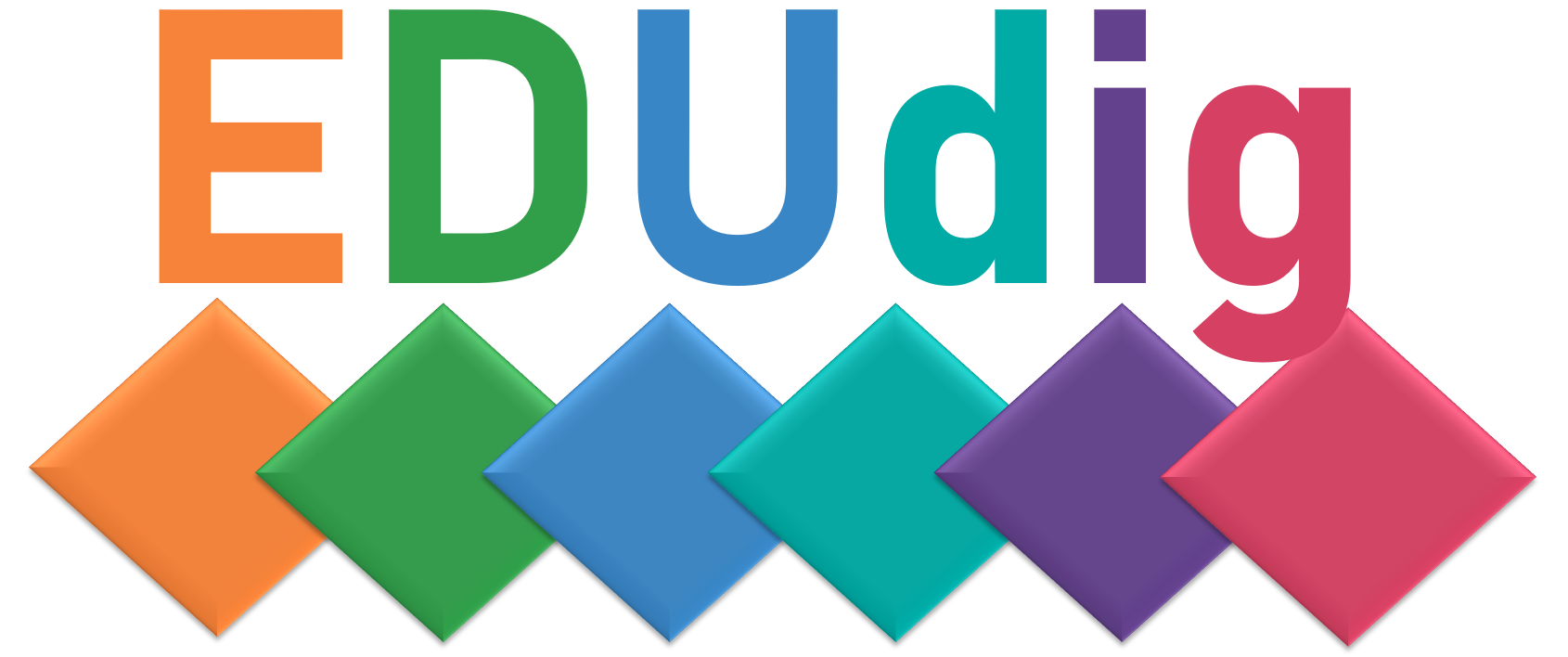1.1. Groups and teams
Groups and teams differ in their purpose, composition and level of engagement. While groups can be of any size, teams are typically smaller. Teams require real integration and coordination to perform given tasks towards an agreed upon goal. [2 Levi]. In this module, the focus is on teamwork and less on ad-hoc group tasks.
Teams are needed for collaborative learning requiring long-term commitment in pedagogical approaches such as project-based learning or learning by developing (LbD model applied at Laurea UAS).
Development from an ad-hoc group (or pair) into an effective team does not always proceed in a positive direction nor do all groups achieve adequate levels of effectiveness and productivity. In fact, some studies estimate that between 80 to 90% of all groups have difficulties with performance (3, Wheelan 2005, 32).
High-performing online teams typically follow a similar development as in physical contexts. For example, the stages of forming, norming, storming, performing, adjourning (Tuckman & Jensen 1977), recurring team cycles (Marks, Mathieu & Zaccaro 2001) or group evolution stages of a new group; getting organized; stabilization; clique forming; happy family; crisis; effective team (Rowley and Roevens 1999) are well documented in academic literature (Levi 2007). Likewise, Wheelan (2005) has distinguished four fairly similar stages: dependency and inclusion; counterdependency and fight; trust and structure, and work. The team evolution process provides the structure for this training module Session 2: Warming up for teamwork (1); Forming online teams (2); Continuous support for online teamwork (3).

